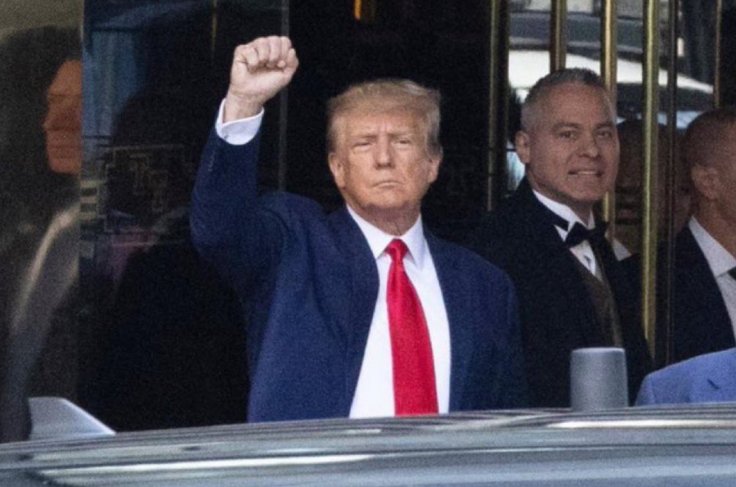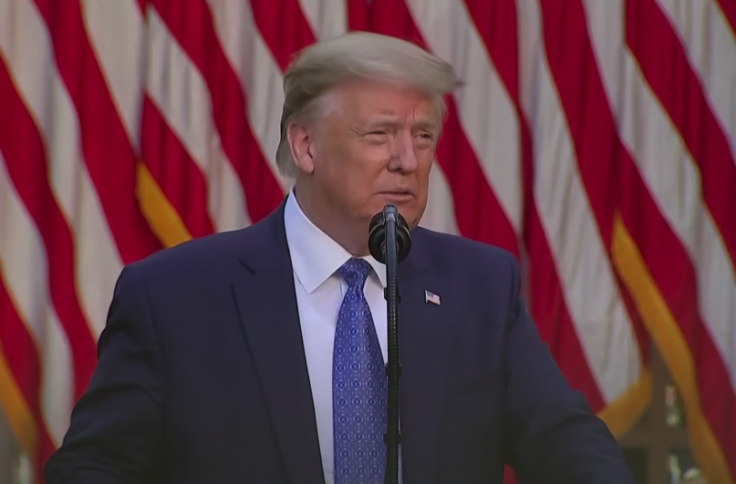Former President Donald Trump has been indicted on federal charges even as he remains the Republican front-runner for the 2024 US presidential nomination. The latest indictment, which follows an earlier indictment on criminal charges, complicates the upcoming US presidential election, with legal experts already mulling the consequences of a possible conviction.
Trump now faces seven criminal counts including violations of the Espionage Act, obstruction of justice and conspiracy. His legal team will try to push the trial for as long as they can, but the chances are that it will indeed take place before the 2024 US presidential elections conclude in November 2024.

Can Trump Continue the Campaign?
Trump can freely go ahead with the election campaign as the trial will not take place for at least a year. The former president will initially report at a federal court in Florida but the legal process will go on for months.
Trump's earlier conviction in an alleged hush money case in New York did not result in a political setback for the former president. In fact his poll numbers rose after the indictment, and his team said they received greater financial contributions after the Democrat move to indict him.
What if Trump is Convicted?
A possible conviction will not stop Trump from continuing with the presidential campaign. Although his legal team will try to delay the proceedings, a trial will likely take place in the middle of the election. If Trump is convicted, he is unlikely to be sent to jail as he can move for bail. This will enable him to continue the campaign. According to legal experts, even if he is imprisoned, Trump can continue with the presidential race from inside the prison.

What if Trump is Elected President Before Trial Concludes?
Federal trials are destined to take long to start and there's a possibility that the 2024 elections can take place before the trial concludes. If Trump wins the presidency before the trial is over, he can technically end the legal proceedings using his presidential powers.
Since the US Justice Department is part of the executive branch, the president can order the end of any proceedings against him. "The U.S. Justice Department has a decades-old policy that a sitting president cannot be prosecuted. The department can deviate from policy in "extraordinary circumstances" with the approval of the U.S. attorney general," explains the Washington Examiner. However, the president has the power to remove the attorney general from the office and replace him with a trusted official.
Can Trump Pardon Himself?
The president can pardon himself of a conviction in a federal court, though he cannot do so if he is convicted under state laws. According to the US constitution, the president has the "power to grant reprieves and pardons for offenses against the United States, except in cases of impeachment."








